If you’ve ever considered grabbing the nearest cleaning product to tackle shower grime, you’re not alone. However, using toilet bowl cleaner in the shower comes with its own set of pros, cons, and cautionary tales—especially if you’re hoping to save time or make a dent in stubborn grout stains. Let's explore whether this practice is worth it, how to do it safely, and what alternatives might work even better.
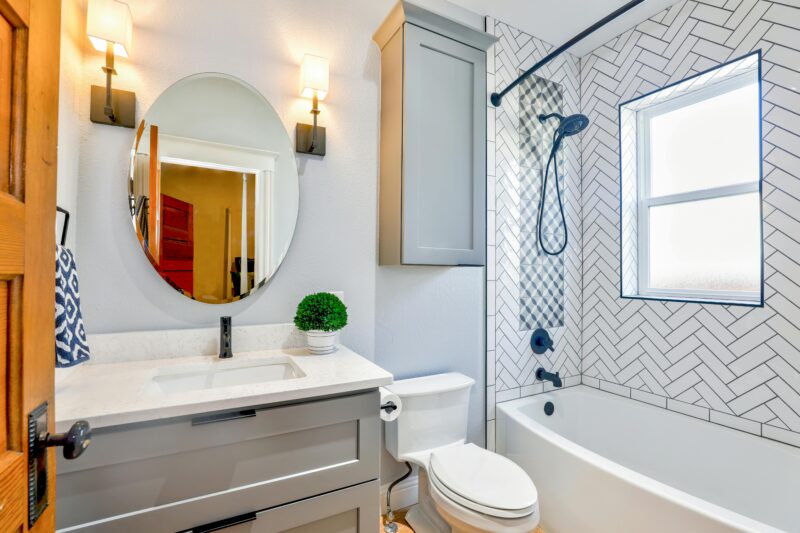
The powerful cleaning agents in toilet bowl cleaners—typically chlorine bleach, hydrochloric acid, or other strong chemicals—are formulated to eliminate bacteria, mold, and stains. These same ingredients can make them effective for certain shower applications, particularly for discolored grout or persistent mildew. However, effectiveness doesn’t always equal suitability, as the wrong cleaner can wreak havoc on your shower materials. For a deeper dive into using these products, some have shared their experiences on Reddit Cleaning Tips, discussing potential risks with bathtub silicone.
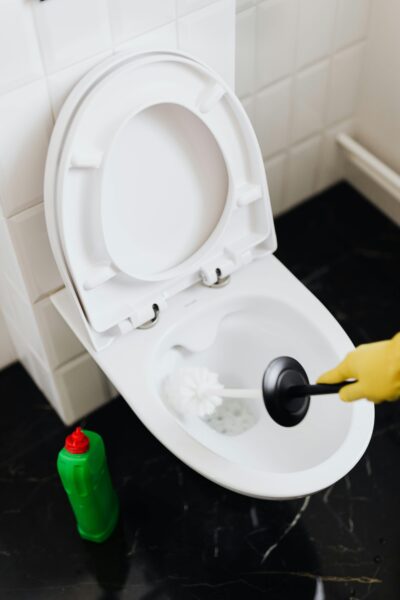
Using toilet bowl cleaner in your shower requires careful preparation:
Pro Tip: Avoid using toilet bowl cleaner on natural stone (like marble or granite) or fiberglass shower bases. These materials are highly sensitive to harsh acids and could sustain permanent damage.
If you decide to use a toilet bowl cleaner, follow these steps to minimize damage and maximize results:
Be sure to test the cleaner on a small, inconspicuous area first, especially if you are unsure how your shower material will react.
Not all heavy-duty cleaners are safe for showers—but safer (and effective) options are just a pantry-item away!
| Alternative | Ideal For | How to Use |
|---|---|---|
| Vinegar & Baking Soda | Grout and Soap Scum | Sprinkle baking soda on grout lines, spray with vinegar, and scrub with a brush. |
| Hydrogen Peroxide | Mold and Stains | Mix with baking soda to create a paste, apply to moldy areas, let sit, and rinse. |
| Dish Soap & Vinegar | Shower Doors | Combine equal parts and use a sponge to remove soap scum from glass doors. |
These methods are gentler on your materials, healthier for you, and often just as effective.
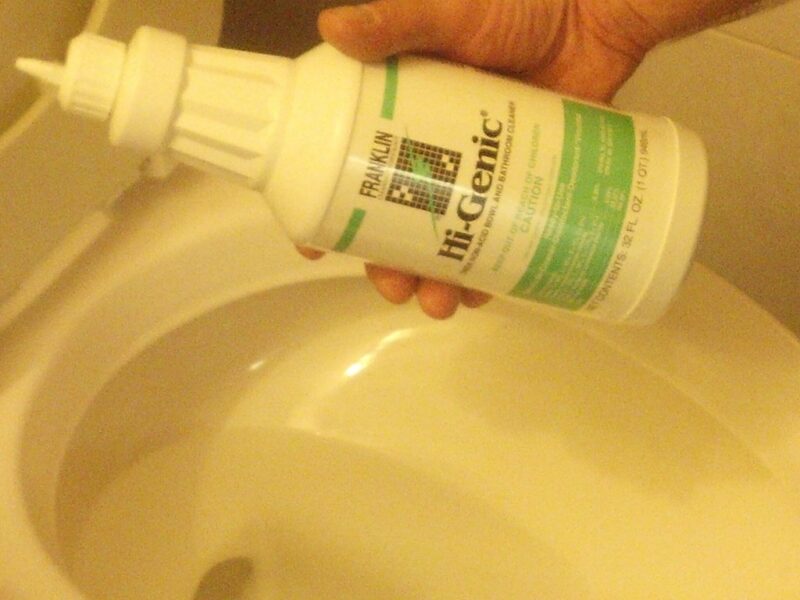
While toilet bowl cleaners can work for removing shower grime, their harsh chemicals pose significant risks if improperly used. Before reaching for this quick fix, assess your shower materials and ventilation capabilities. Safer alternatives, like vinegar and baking soda, can protect your shower’s integrity while keeping your home clean and healthy.
Now, it’s your turn: Have you tried using toilet bowl cleaner for your shower? Share your experience or favorite cleaning hacks in the comments below!
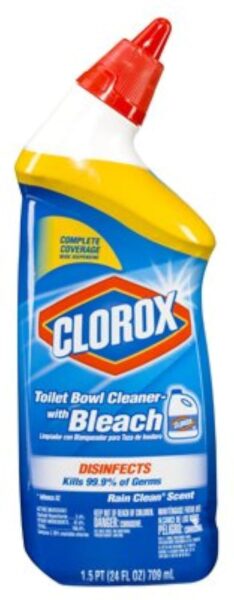
Clorox-Toilet-Cleaner-Bleach-Clean/dp/B005S4SFNW
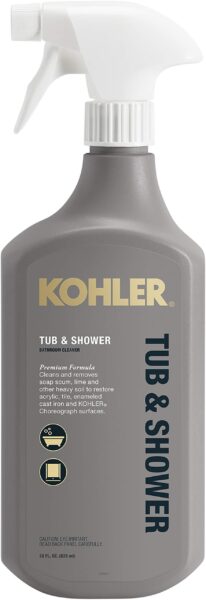
Kohler-K-EC23732-NA-Tub-Shower-Cleaner/dp/B083VYN8RY
As we wrap up our guide on whether toilet bowl cleaner is a friend or foe in your shower-cleaning arsenal, we'd love to hear your thoughts and cleaning tips! Delve deeper into our world of smart cleaning hacks and elegant home solutions by following us on our social media platforms. Pin your favorite cleaning ideas and sleek bathroom designs by visiting our Pinterest page. For a behind-the-scenes peek at our latest inspirations, join us on Instagram. Engage with our community and stay updated on all things architecture and design by checking out our latest tweets on X or catching the buzz on Facebook. We look forward to connecting with you and sharing in the pursuit of a more beautiful, efficient home.
Looking for a quick and easy shower cleaning trick? You might consider using Lysol toilet bowl cleaner paired with a scrubbing wand. Simply apply the cleaner across the shower surfaces, spread it evenly, and let it sit for 5 to 10 minutes. Afterward, rinse thoroughly to unveil a refreshed shower.
Toilet bowl cleaners are formulated with potent, corrosive chemicals similar to drain cleaners. These strong ingredients can potentially damage the finish of your bathtub or other fixtures like sinks, and can also adversely affect grout, causing degradation over time.
Before using Clorox toilet bowl cleaner in your shower, it's crucial to understand its composition. This cleaner contains bleach and acids, ingredients that are not suitable for cleaning shower surfaces. Therefore, it is not recommended for use in the shower.
For cleaning your bathtub, apply a thin line of toilet bowl cleaner along the tub walls. Don protective gloves, and use a scrub brush to scrub both the walls and floor of the tub. Finish by rinsing with hot water to remove the cleaner and any soap scum, ensuring a gleaming clean result.

Immerse yourself in architecture’s most boundary-pushing ideas—where innovative home improvements meet visionary urban developments. Discover new building techniques, materials, and creative concepts that are redefining how we shape our spaces on a global scale.